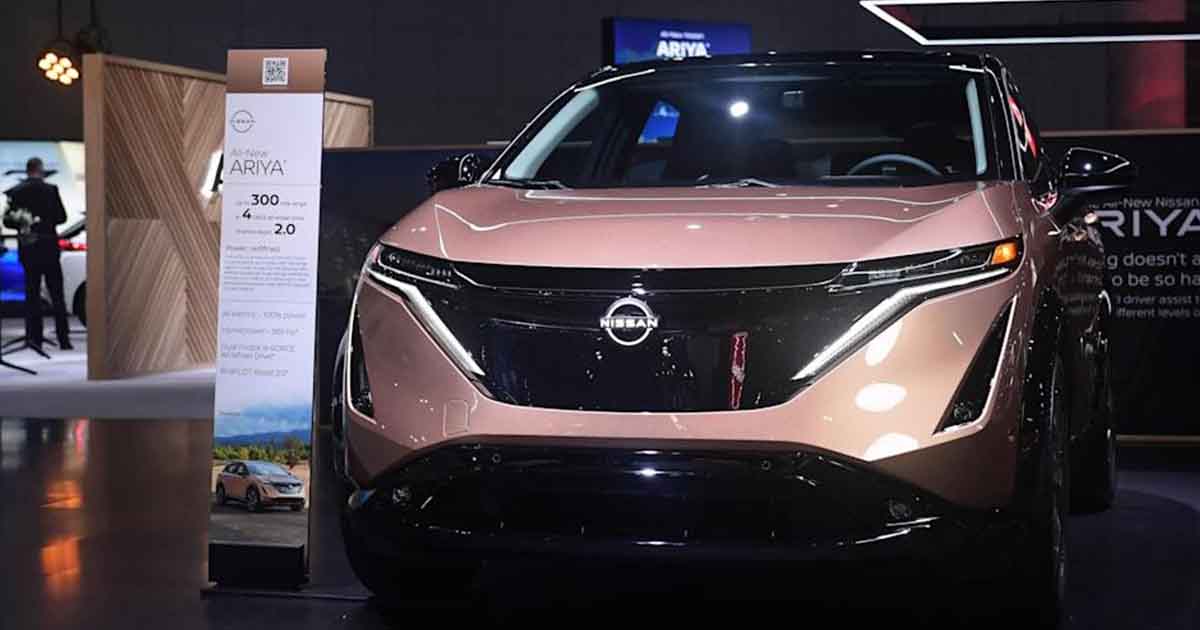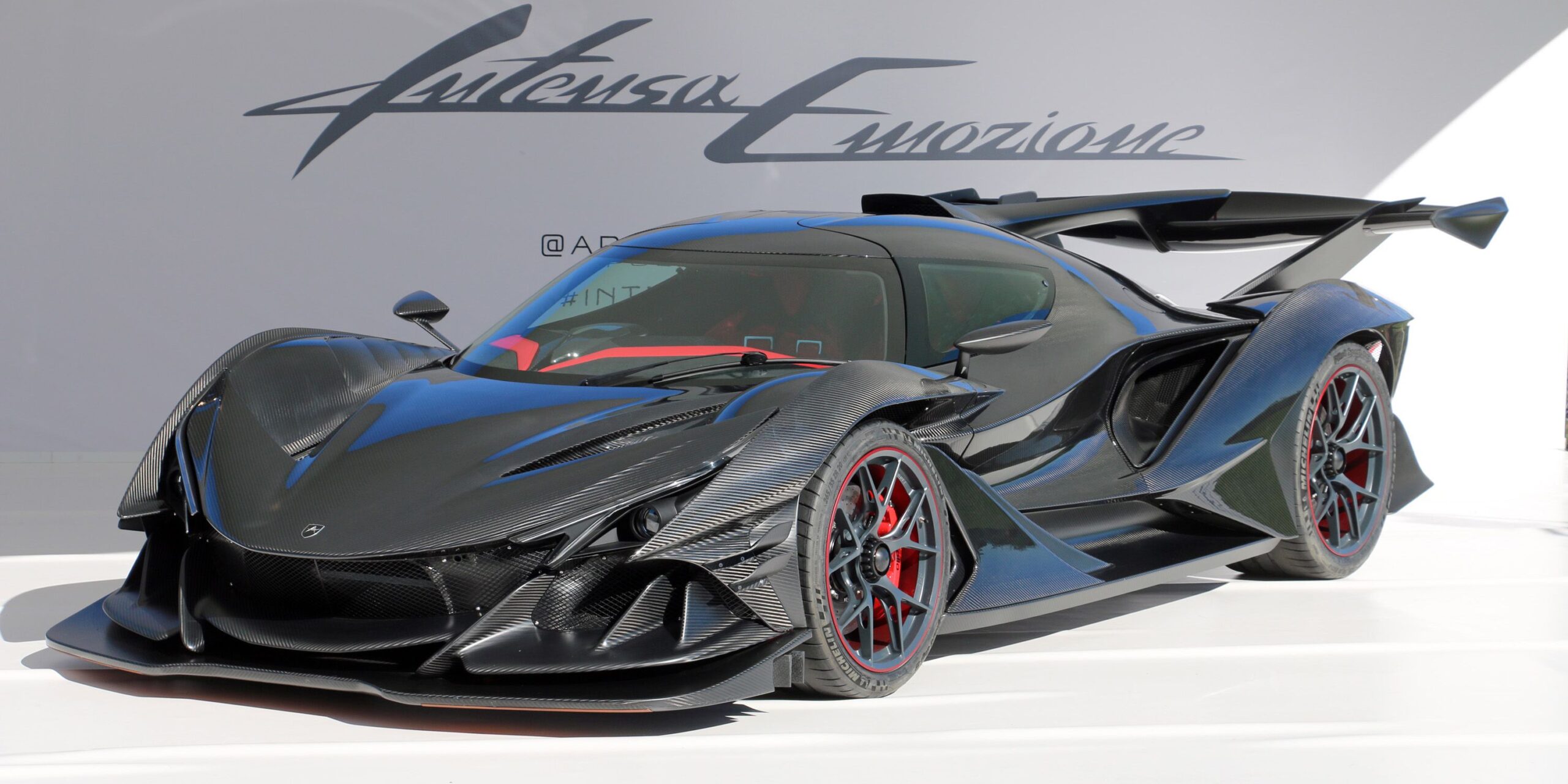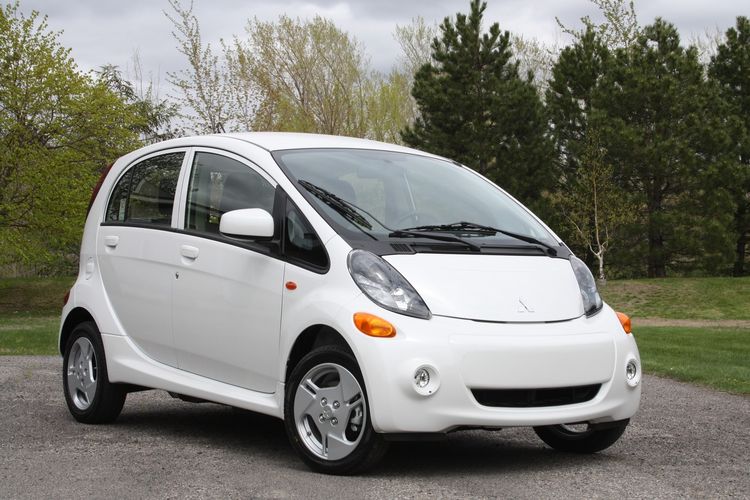
Electric Cars Have Been Around for Over 200 Years

Electric cars have a long and storied history that dates back over 200 years. While they have recently gained significant attention and popularity, their origins can be traced back to the early 19th century. In this article, we will explore the journey of electric cars from their humble beginnings to the modern advancements in technology. So, let’s dive in and explore the fascinating world of electric cars!
Electric cars have revolutionized the automotive industry and are considered a sustainable alternative to traditional gasoline-powered vehicles. These vehicles run on electric motors powered by rechargeable batteries, producing zero tailpipe emissions. Although electric cars have gained prominence in recent years, their history is much older than many people realize.
Early History of Electric Cars
The birth of electric cars can be traced back to the early 1800s when inventors like Thomas Davenport and Robert Anderson developed the first crude electric motors. However, it was not until the late 19th century that significant advancements were made. In 1884, Thomas Parker, a British inventor, developed an electric car that used rechargeable batteries. This innovation marked the beginning of the modern electric car era.
During the late 19th and early 20th centuries, electric cars were quite popular, especially among the wealthy. They were considered more comfortable, quieter, and easier to operate than their gasoline counterparts. Electric cars offered smooth rides and were favored by women due to their ease of use. However, the rapid growth of the petroleum industry and the development of the internal combustion engine shifted the focus away from electric vehicles for many years.
Recent Advancements in Electric Car Technology
In recent decades, there has been a resurgence of interest in electric cars. Technological advancements have paved the way for more efficient batteries, longer driving ranges, and improved overall performance. Companies like Tesla have played a crucial role in pushing the boundaries of electric car technology and making it more accessible to the general public.
Tesla’s introduction of the Roadster in 2008 marked a significant milestone in the electric car industry. The Roadster showcased the potential of electric cars by offering impressive performance and a longer range compared to previous models. Since then, Tesla has continued to innovate, releasing the Model S, Model 3, and Model X, which have helped popularize electric cars worldwide.
Other major automakers have also joined the electric vehicle market, offering a range of electric models to cater to different consumer needs. The advancements in technology have made electric cars more practical and convenient for everyday use, challenging the dominance of gasoline-powered vehicles.
Environmental Benefits of Electric Cars
One of the key advantages of electric cars is their positive impact on the environment. Unlike gasoline-powered vehicles, electric cars produce zero tailpipe emissions, reducing air pollution and greenhouse gas emissions. By transitioning to electric cars, we can significantly contribute to combating climate change and improving air quality.
Furthermore, electric cars offer the potential for renewable energy integration. As renewable energy sources such as solar and wind power become more prevalent, they can directly power electric vehicles, further reducing their environmental impact. This synergy between renewable energy and electric cars paves the way for a greener and more sustainable future.
Challenges and Limitations
While electric cars have numerous advantages, they also face challenges and limitations. One of the main challenges is the limited charging infrastructure. Although charging stations are becoming more common, the network is not as extensive as the traditional gasoline refueling infrastructure. Efforts are underway to expand the charging network to make it more convenient for electric car owners.
Another limitation is the longer charging time compared to refueling with gasoline. While advancements in fast-charging technology have reduced charging times significantly, it still takes longer to charge an electric car compared to filling up a gasoline tank. However, as technology continues to improve, charging times are expected to decrease further.
Research and development efforts are focused on addressing these challenges and limitations. Governments, organizations, and automotive companies are investing in the expansion of charging infrastructure, battery technology, and more efficient electric drivetrains. As these advancements continue, electric cars will become even more practical and widespread.
Electric Cars in the Future
The future of electric cars looks promising. As technology evolves, electric vehicles are expected to play a significant role in the transportation sector. Advancements in autonomous driving technology will transform the way we commute, making electric cars a key component of future mobility.
Additionally, vehicle-to-grid integration is an exciting area of development. Electric cars can potentially serve as mobile energy storage units, allowing them to feed excess energy back into the grid during peak demand. This integration could help stabilize the electrical grid and promote the adoption of renewable energy sources.
With ongoing research and development, electric cars are poised to become the norm rather than the exception. As their cost decreases, driving ranges increase, and charging infrastructure expands, more people will be inclined to switch to electric vehicles. The automotive industry is already experiencing a shift, and the future looks bright for electric cars.
Electric cars have a rich history that spans over two centuries. From their humble beginnings to the modern advancements in technology, electric cars have come a long way. They offer numerous environmental benefits and have the potential to revolutionize transportation.
As we move forward, it is crucial to support the further development of electric cars. Governments, organizations, and individuals should invest in charging infrastructure, research, and development. By embracing electric cars, we can pave the way for a sustainable and cleaner future.





